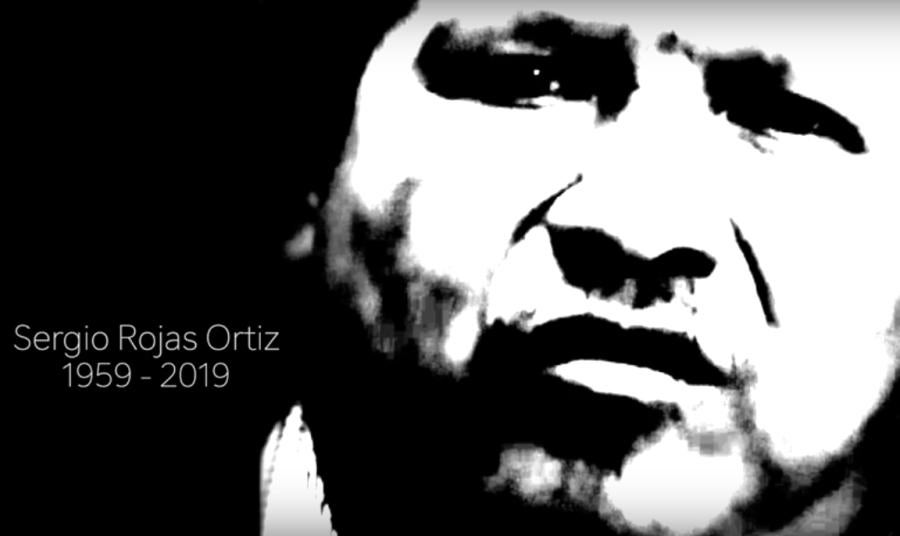By John McPhaul
The Costa Rican government in mid November 2018 named Guillermo Rodríguez Romero, a Bribri attorney from the Talamanca village of Suretka, as ambassador to Bolivia. Rodríguez, the first of three Indigenous Costa Ricans who have joined the ranks of Costa Rica’s attorneys, speaks both Spanish and Bribri and has 40 years of experience defending the rights of Indigenous Peoples. Rodríguez has distinguished himself especially in promoting the creation of a department of Indigenous education within the Department of Education.
About his work, Rodríguez, soft spoken -- a characteristic of his people -- says he has been working on concrete proposals, not just theoretical projects, “I have been working a lot on the true organization of the struggle of Indigenous Peoples at the national level. On concrete proposals, for example in the case of education, improvement of negotiations, and in health services.”
Rodríguez is also working on proposals to better manage Costa Rica’s many protected areas in regions where Indigenous communities live, to improve the lives of these communities. “I have also been working hard on the legal aspects reforming legal instruments and the application of Costa Rican laws,” he says. “Likewise, in the field of education, I worked with Indigenous partners on curricula and pedagogical proposals so that the true management of these protected areas also include improving the living conditions of local communities while better protecting these areas. The basic national curriculum has to be culturally sensitive and incorporate Indigenous languages so that they do not lose their cultural identities.”
Costa Rica’s Indigenous population numbers around 106,000 people divided into eight language groups. With the exception of the Chorotega in the northern Province of Guanacaste, who are related to the Nahual-speaking Indigenous groups of Central America, Costa Rica's Indigenous Peoples are related to the Chibcha civilization from Colombia and northern South America. “It is important that content is incorporated into the national curriculum so that the Costa Ricans are more aware about the country’s Indigenous cultures and we can work to eliminate barriers of exclusion and discrimination that we have historically suffered,” he stated. Living far distances from social services, Costa Rica’s Indigenous people rank consistently at the bottom of the country’s economic and social indicators.
Rodríguez has also promoted the regulation of tourism on Indigenous lands, initiatives of forest regulation and matters of co-administration of protected areas near Indigenous territories.
To Rodríguez, being named as Ambassador to Bolivia is a recognition of the contributions Indigenous Peoples have made to Costa Rica and fulfills the promise of President Carlos Alvarado to diversify government. ““This idea comes from the presidency and the Madame Foreign Minister of the Republic [Epsy Campbell] in the framework of the inclusion policy that the government has undertaken,” said Rodríguez. “I was designated with this opportunity, something that makes me very happy because it is an affirmative action in favor of the rights of Indigenous Peoples. This action implements the reforms to the first article of the constitution and is an affirmative action in relation to the international accords that the government has signed committed to Indigenous rights. It seems to be a supremely affirmative action. But it is also very important in the country because it begins to mark a new policy of inclusion of Indigenous Peoples.”
A father of three girls and two boys, Rodríguez, 60, also served as an adviser of Indigenous Education; president of the Bribri Territory Development Association; president and founder of COODEBRIWAK--an association defending Indigenous rights; and a municipality representative for the Talamanca county. He studied at the Universidad Autonoma de Centro America (UNCA) and later completed his degree with a major in registry and notarial law at the Universidad Libre de Derecho “Now I am finishing a specialization in agrarian and environmental law in the faculty of law at the University of Costa Rica. I will finish this year,” Rodríguez says.
Rodríguez said his appointment to Bolivia is particularly significant given that Bolivia is led by an Indigenous president, Evo Morales.“We have much to share,” said Rodríguez, “relations between Costa Rica and Bolivia are cordial and harmonious now and the idea is to strengthen them even more.”
--John McPhaul is a Costa Rican-American freelance writer based in San Juan, Puerto Rico.

